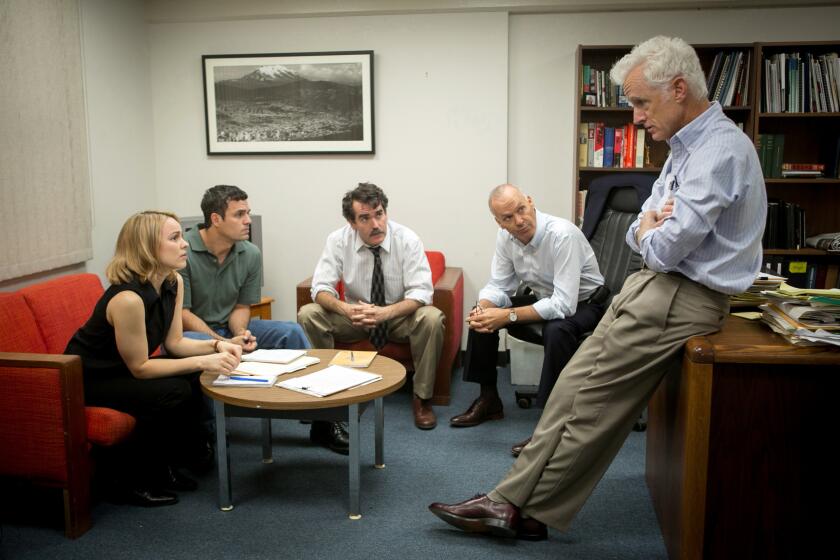SEC is probing sub-prime securities
The Securities and Exchange Commission has launched about a dozen investigations related to securities backed by sub-prime mortgages, SEC Chairman Christopher Cox said Tuesday.
Cox disclosed the probes during a hearing of the House Financial Services Committee in which lawmakers peppered the SEC’s five commissioners with questions about their agency’s enforcement efforts and policies.
During the hearing, in response to a question from a lawmaker about collateralized loan obligations, Cox said the SEC enforcement staff had about “12 open investigations on issues such as this.”
Collateralized loan obligations, which have played a big role in financing the current private-equity boom, are securities backed by pools of bank loans made to companies.
After the hearing, Cox indicated that the SEC probes dealt with collateralized mortgage obligations, which have a similar structure and include securities backed by pools of sub-prime mortgages, which are made to people with poor credit or high debt levels. By increasing the availability of mortgages, such investments helped sustain the recent housing boom.
The 12 SEC cases “relate generally to sub-prime,” Cox said. He didn’t identify people or companies under investigation.
Mortgage-backed securities are facing increased scrutiny as rising defaults on sub-prime home loans generate losses on the complex investments. In the last week, two hedge funds run by Bear Stearns Cos. that heavily invested in sub-prime mortgage securities nearly collapsed.
Bear Stearns said Tuesday that it would lend $1.6 billion to one of the funds, half as much as the Wall Street firm said last week that it might lend. The company also said that contrary to speculation it wouldn’t provide financing to the other fund.
The problems at hedge funds show that “sensible and very specific rules” may be needed to protect investors and help the market recover, Rep. Barney Frank (D-Mass.), chairman of the House panel, told Bloomberg News after the panel’s hearing.
“Some of us have been talking about putting some liability on those who package and sell these mortgages, and we were told, ‘Don’t you dare do that. You’ll ruin our wonderful market,’ ” he said. “Well that wonderful market doesn’t look quite [as wonderful] today as maybe it did a couple of weeks ago.”
During the House hearing, Cox, a former Republican congressman from Orange County, sought to defuse a perception that the commission was divided on the question of how tough its financial sanctions should be for corporate misconduct. Thus far in 2007, he said, the SEC has imposed fines in nine cases. The agency’s record for cases with fines imposed in an entire year is 11.
Questions from lawmakers about the Sarbanes-Oxley corporate reform law, a response to the Enron Corp. and WorldCom Inc. accounting scandals, exposed at least one undercurrent of discord.
Critics call the requirements of the Enron-era law too costly, but supporters say its rules are essential protections for investors.
“Sarbanes-Oxley is not driving capital away,” said Commissioner Roel C. Campos, a Democrat. “It is attracting capital. It is a magnet for capital.”
But later, Paul S. Atkins, a Republican SEC member, said Sarbanes-Oxley was one of the factors “that helps to repel people from coming here.”
--
jonathan.peterson@ latimes.com
Times wire services were used in compiling this report.






